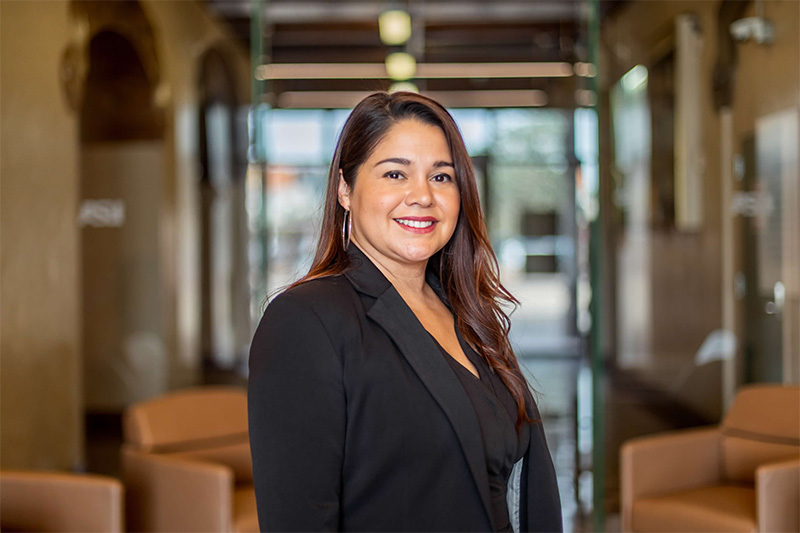Experts with the Regional Gun Violence Research Consortium (RGVRC) address different facets of firearm violence from a variety of perspectives and disciplines. In this series, get to know our experts and learn more about their contributions to better understand, prevent, and respond to the public health crisis of firearm violence. Meet Jesenia Pizarro, an affiliate scholar with the RGVRC and a professor in the School of Criminology and Criminal Justice at Arizona State University.
Why do you study gun violence? Why is this an important area of research and how do you see your work helping to address this issue?
I grew up in Newark, NJ, during the height of the crack cocaine epidemic. Growing up, violence was all around me. I personally know survivors as well as perpetrators of gun violence. From an early age, witnessing firearm violence firsthand gave me a strong sense of wanting justice and doing something to address the occurrence and impacts of violence in my community. I always wanted to do something to make my community safer. That led me into academia and the study of firearm violence.
What is your research focus related to gun violence? What are you currently researching?
The bulk of my research centers on homicide. My homicide research centers on the theoretical underpinnings of theories of crime and victimization, such as Rational Choice, Routine Activities, Lifestyle Theory, and Environmental Criminology. These theoretical approaches center on opportunities for the commission of crime and offer practical and manageable areas for prevention.
My current work focuses specifically on intimate partner homicides and identifying risk and protective factors to inform risk assessment tools. These tools can be instrumental in shaping policies and protocols used by law enforcement, courts, and service providers to identify individuals at the highest risk of lethal violence. By informing early intervention strategies and resource allocation, this research directly supports the development and implementation of policies aimed at preventing domestic violence fatalities and enhancing survivor safety.
What do you hope that people can take away from the research you are conducting?
I hope that people can take away that there are, in fact, evidence-based practices and strategies available alongside steps that we can take to prevent homicide. While all homicides might not be prevented, if we learn to identify risk factors and take action, we can work together to save lives, not only in my community but across the United States.
Learn more about Jesenia and her work for the Regional Gun Violence Research Consortium below.

